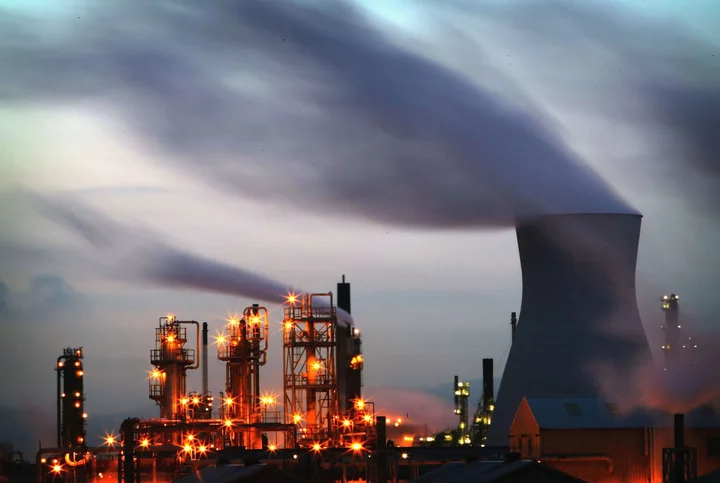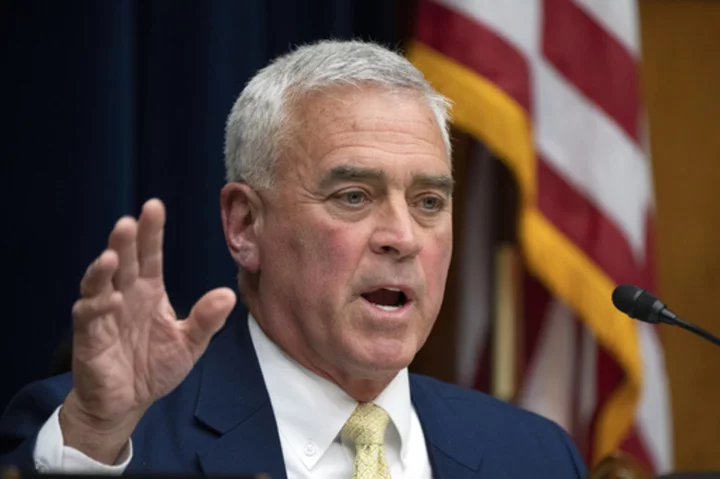Scotland’s only oil refinery is set to close as soon as 2025, dealing a blow to the local economy and the UK’s fuel security.
The Grangemouth plant outside Edinburgh will be turned into a fuel-import terminal, operator PetroIneos said in a statement, citing falling regional demand and global market pressures. The move raises concerns about the future of manufacturing industry in the UK, trade union GMB said in response to the decision.
The closure will leave the UK with five oil refineries. Grangemouth currently ranks fifth largest in terms of processing capacity, having already mothballed part of the plant in 2020 after the Covid pandemic prompted a drop in fuel demand. The refinery accounts for about 13% of the UK’s fuel-making capacity.
The political impact of the closure could be significant, with the ruling, pro-independence Scottish National Party already losing ground in Scotland to a resurgent Labour Party before a UK election that could take place next year. The refinery employs 550 people, excluding contractors, and is responsible for about 4% of Scotland’s gross domestic product.
Back in 2013, shortly before Scots narrowly voted to remain part of the UK in a referendum, politicians including then First Minister Alex Salmond managed to broker a deal to stop a planned closure of the refinery, seen as a key part of Scotland’s industrial infrastructure.
“This is a huge blow to the Scottish economy,” Murdo Fraser, a Conservative lawmaker at the Scottish parliament in Edinburgh, wrote on X, formerly known as Twitter. “Grangemouth supports hundreds of jobs and many more in the supply chain, its loss blows a hole in our industrial base.”
The halt will be the first of its kind in the UK since the likes of Milford Haven, Coryton and Teesside ceased operations about a decade ago. Those shutdowns coincided with a round of closures across Europe, partly due to increased competition from Asia. Grangemouth account for about 13% of the UK’s total oil-processing capacity.
Some plants back then were converted to making biofuels, a move which PetroIneos said it will consider for Grangemouth.
“As the energy transition gathers pace, this is a necessary step in adapting our business to reflect the decline in demand for the type of fuels we produce,” said Franck Demay, head of PetroIneos Refining. Ineos, which is a shareholder in the PetroIneos joint venture, also has chemicals operations at the Grangemouth complex, which it will retain.
Ineos also operates the Forties crude pipeline, which brings oil from the North Sea to the east coast of Scotland. It plans to keep that business.
--With assistance from Bill Lehane, Alex Longley and Jack Wittels.
(Updates with additional context in third paragraph.)









